Breathtaking Colossal 33mm Amber Bead
Product Code: ga4214
Have a question?
Price is per bead - a huge 33mm diameter!
What took nature millions of years to make, can be yours in an instant!
These synthetic beads look and feel exactly like nature amber, but under 1/10 the price - usually much more expensive.
What Is Amber?
Amber was once a mystery. Alchemists thought it was created from the rays of the setting sun, concealed in the evening sea and cast ashore in the form of stone. True amber was formed up to 60-million years ago where seas were then forest. Resin from these trees dripped into puddles. When the land was replaced by sea, the weight formed this resin into amber which eventually floated to the surface. Usually yellow, brown, orange, or green, darkening to a rich red-brown with age.
Benefits of Amber
Its bright colour conceals the mystery, prompting some to call it "petrified sunlight" or "frozen gold". Producing jewellery that makes the wearer both look and feel good. No wonder it's so fashionable in the 21st century. Amber jewellery can create a more dramatic effect than diamonds.
Years ago, it was thought amber could magically draw energy into its bearer, so people started making amulets from it. This was because rubbing amber against a wool cloth made it electrically charged, attracting small objects. Originating the word electricity: "elektron", the ancient name for amber. Amber was also believed to aid the intellect, and prescribed for memory loss and anxiety.
Amber Prices
Amber beads were fashionable, yet inexpensive, before the 1920s - when Amber was a popular girl's name. Natural amber rose to around 50-pounds a string by the year 2000, but over the past decade the price has shot up. Many amber necklaces sell for ten-times their price 15-years ago.
This growth is because China has rediscovered amber. Traditionally Chinese culture believes amber is lucky and has medicinal properties. Similarly, Persian amber has become fashionable in Arab states, where it represents status, wealth, and aphrodisiac powers.
Therefore, amber with a certificate of authenticity is heading towards the cost of gold by weight. Cheap amber is not natural. Our amber, like most today - is ambroid amber, an immature variety of copal amber, mixed with synthetic resin. Giving the benefits of natural amber, yet allowing jewellery to be sold at prices customers' can afford.
Imitation Amber
Amber has always been imitated. Some amber beads in Egyptian tombs were made from copal – which is also fossilized tree resin, but only thousands of years old. Ambroid, although known as pressed or reconstituted amber, is made from real amber scraps and shavings generated by amber carvers. These pieces are collected, heated, then pressed into large blocks.
Looking After Amber
Because amber is soft and wears easily, protect from heat and wrap in a cloth when not wearing. Clean with a soft cloth dipped in lukewarm water. You can put the shine back into today's amber by spaying with Pledge.



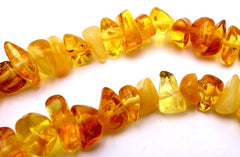
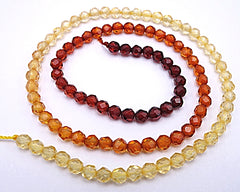
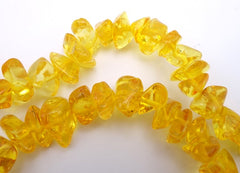
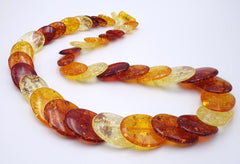
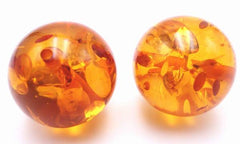
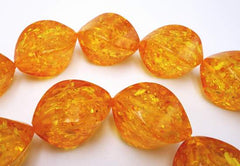
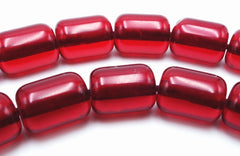
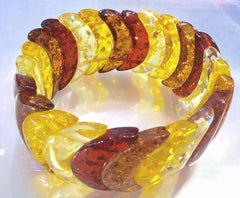


 No Internet?
No Internet?




